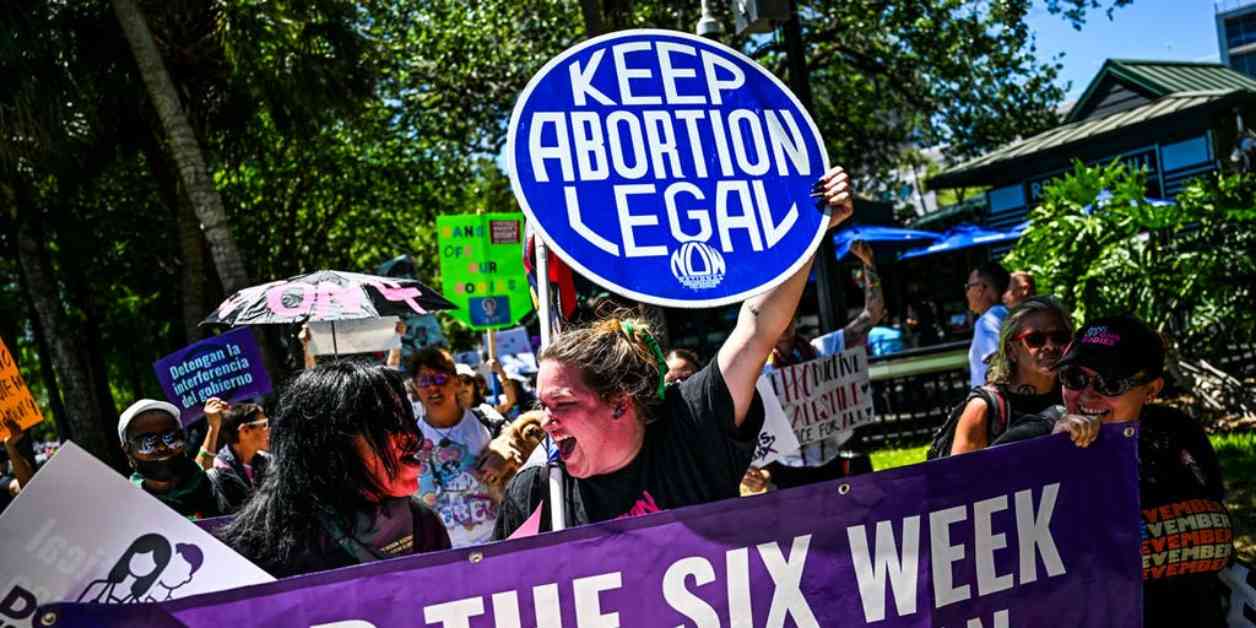The DeSantis Administration in Florida has been prohibited from intimidating TV stations over pro-abortion ads. A district judge issued a temporary restraining order to stop the state government from threatening legal action against television stations. This action came after a pro-abortion group, Floridians Protecting Freedom, filed a lawsuit against the Florida Surgeon General and former general counsel to the Florida Department of Health.
The lawsuit was in response to letters sent by the Florida Department of Health to television stations airing pro-abortion ads. The department claimed the ads were false and dangerous, demanding their removal within 24 hours or face legal consequences. Floridians Protecting Freedom argued that this violated their First Amendment rights to run political advertisements supporting their proposed amendment.
District Judge Mark E. Walker emphasized in the order that political speech is protected under the First Amendment and that the government cannot censor it by deeming it false. The court’s decision was praised by the campaign director of Yes on 4, calling it a triumph for democracy and the First Amendment.
On the other hand, the Florida Department of Health defended its position, stating that the ads were false and harmful to public health. Governor Ron DeSantis’ deputy press secretary also emphasized that the ads put pregnant women’s lives at risk and pointed out that Florida’s heartbeat protection law includes exceptions for victims of rape, incest, and human trafficking.
Former President Donald Trump weighed in on the issue, calling Florida’s proposed amendment radical but also expressing concerns about the six-week abortion ban being too short. He emphasized the need for more time than six weeks for women to make decisions about their pregnancies.
Overall, the temporary restraining order against the DeSantis Administration marks a significant victory for advocates of abortion rights in Florida. It reaffirms the importance of protecting political speech and upholding the First Amendment in the face of government attempts to suppress opposing views. The legal battle surrounding abortion rights in Florida continues to be a contentious and complex issue that will likely have far-reaching implications for women’s healthcare in the state.


















